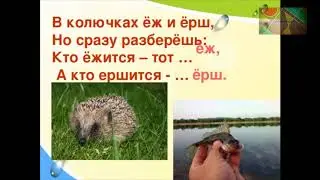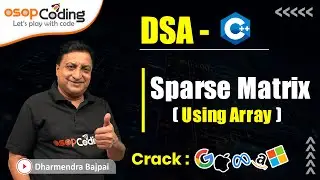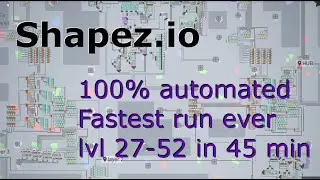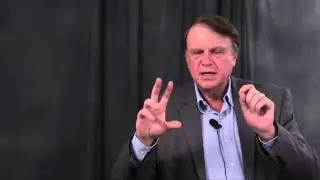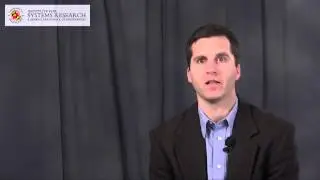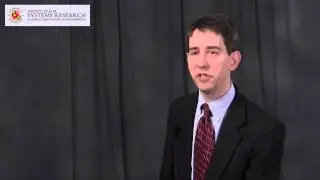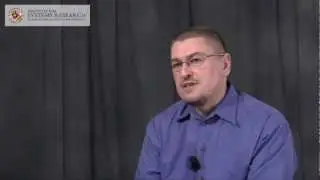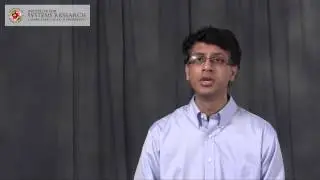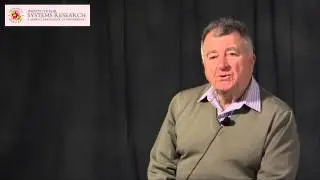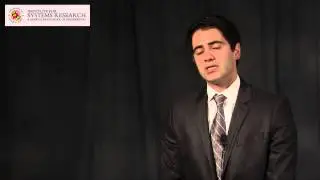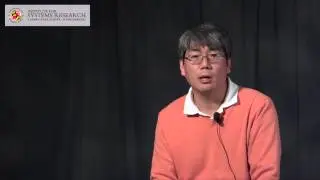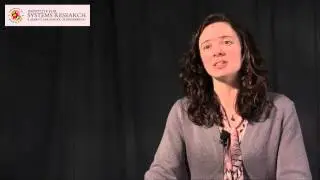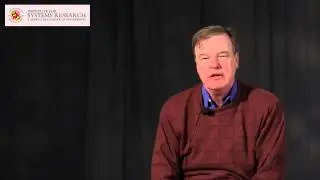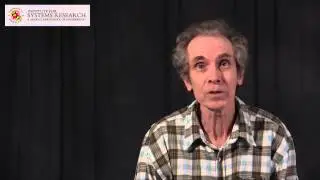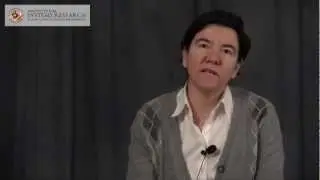New Perspective on Wolfram's "New Kind of Science"
Leon Chua
University of California, Berkeley
Stephen Wolfram’s monumental best seller, A New Kind of Science, has been widely praised for its audacity and condemned for its excessive claims.To understand what the fuss is all about, this lecture will interpret Wolfram’s “new science” from the perspective of the CNN (Cellular Nonlinear Network) Paradigm, thereby providing an elementary, yet rigorous foundation towards a “new science” of complexity, and its many manifesta- tions, such as emergence, self organization, synergetics, dissipative structures, and other collective far-from thermodynamics equilibrium phenomena. In particular, this lecture will describe and identify the new concept of local activity, and its associated “edge of chaos,” as the universal origin of complexity. In cognizant of the multidisciplinary nature of the audience, this lecture will be self-contained and profusely illustrated with examples ranging from brain-like computing to artificial life.
Biography
Leon Chua received his MS and PhD degrees from the Massachusetts Institute of Technology and the University of Illinois at Champaign-Urbana, respectively. Since 1970, he has been with the University of California, Berkeley, where he is currently a profes- sor of Electrical Engineering and Computer Sciences. He was awarded the IEEE Neural Networks Pioneer Award in 2000. Elected an IEEE Fellow in 1974, he has received many international prizes, including the IEEE Browder J.Thompson Memorial Prize in 1972, the IEEE W.R G. Baker Prize in 1978, the Frederick Emmons Award in 1974, the M.E.Van Valkenburg Award in 1995, and again in 1998. He was awarded seven USA patents and nine honorary doctorates (Doctor Honoris Causa) from major European universities and Japan. He is also a recipient of the “top 15 cited authors in Engineering” award in 2002, chosen from the Current Contents (ISI) database of all cited papers in the engineering disciplines in the citation index from 1991 to Oct. 31, 2001, from all branches of engineering. He was elected a foreign member of the European Academy of Sciences (Academia Europea) in 1997.


